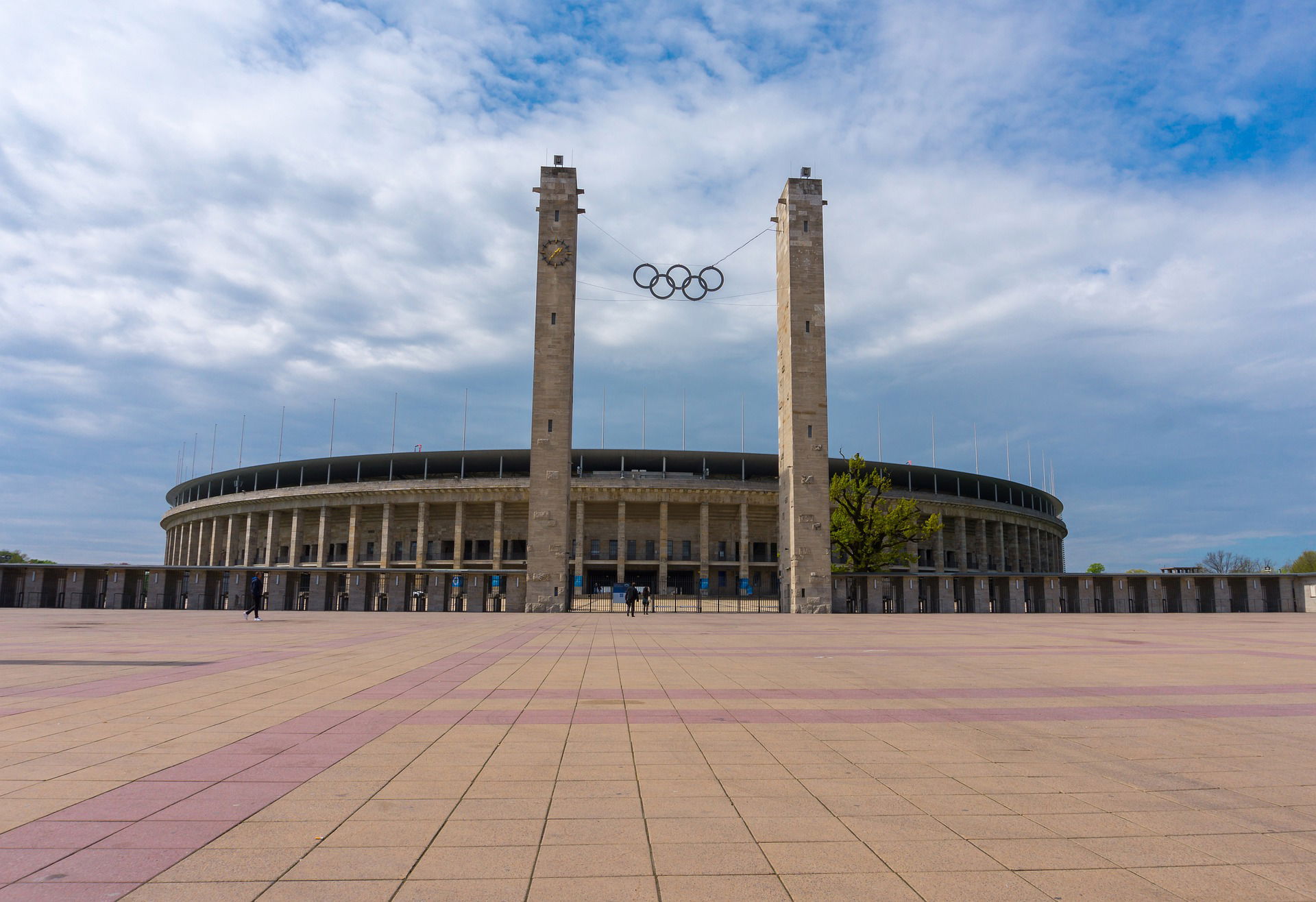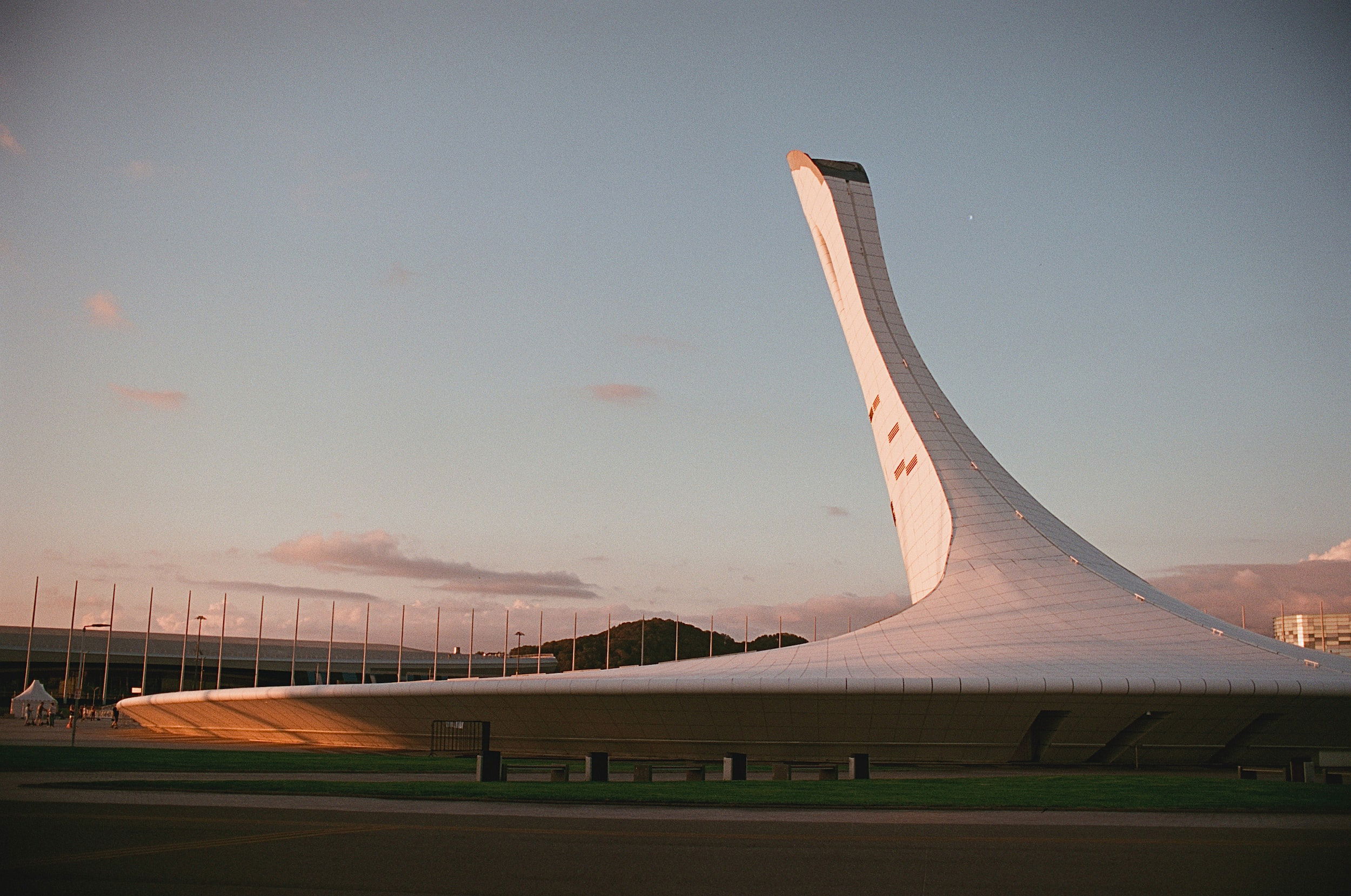“Sportswashing” as Disinformation. Part I: The Power of “Spin” through Popular Sports Events
Vitaly Kazakov, RANNÍS Postdoctoral Fellow at the University of Iceland
This is the first part of a two-part blog examining “sportswashing” as a form of disinformation, and reflecting on the role of audiences and the reception of “sportswashing” narratives. The second part is available here.
Major sporting competitions prompt unparalleled public interest and intense media coverage. Mediated sporting events remain a key “anchor for classic television viewing,” among the general trend of its decline in most other contexts. That the broadcast of Superbowl 2024 was the most watched live programme in the U.S. since the 1969 Moon landing is another reminder of this dynamic. The last FIFA Men’s Football World Cup, for its part, welcomed just over one million international fans attending the matches in person. Yet, Qatar 2022’s total media reach, as reported by FIFA, was approximately five billion people (up from the estimated 3.5 billion media audience of the Russia 2018 FIFA World Cup). Evidently, there are few people on this planet who have not come across some media coverage of Qatar’s flagship event. The debate about this World Cup in the media and in policy circles saliently revolved around the relatively new yet pervasive concept of “sportswashing”.
What is the Link Between Sportswashing and Disinformation?
At the heart of this concept, anchoring thousands of media stories, opinion pieces, and reports, is the issue of disinformation. The term “sportswashing” is self-evidently linguistically built on the metaphor implying sports is used to “launder” “dirty” images or public perceptions. In common usage, it carries the pejorative connotation of relying on the deceit of a target audience through deflection, misrepresentation, or straight disinformation and is most commonly understood as a practice employed by illiberal states as part of their international and informational influence strategies. Contemporary authoritarian regimes have been interpreted as masters of “spin” of narratives and control over media technologies to exert political control over populations, and mediated sports is a field in which this skill can evidently be applied with gusto.
Although mentioned in media articles for years, only in recent months have authoritative academic analyses defined the nuances of “sportswashing”. These interpretations, much like discussions of “soft power” a decade or two earlier, ultimately suggest that this concept is a simplistic shorthand attempting to describe complex dynamics of informational influence and the search for political and economic power through the arena of popular sports that, in fact, has a very long history – with the Nazi’s use of the 1936 Olympics often cited as one obvious case.

Present-day look at the Olympiastadion in Berlin, the central stage of the 1936 Olympics
“One of the key contributions of sportswashing is that it moves away from the idea of concealment or cover up associated with whitewashing and earlier conceptions of greenwashing and, instead, specifically draws attention to the ways in which connections with sports are used in processes of consociation and deflection.”
If Saudi Arabia is being discussed in relation to a high-profile football player or well-organised tennis tournament, Skey hypothesised, then its international image is not solely being associated with “an appalling human rights record, an inequitable political system or resource exploitation”.
Yet, if the goal behind investment in a sporting project is to promote “good PR” and debunk stereotypes or unfavourable stories, unfortunately, the means to communicate this message may still rely on forms of distortion, deception, and disinformation. This is connected to both the “less positive” aspects of the sponsoring state or society and the sporting projects themselves. A surface-level illustration of the latter point was when FIFA awarded the 2022 Men’s World Cup hosting rights to Qatar, it was done on the promise the tournament would take place in the summer—as has been the tradition—thanks to the envisioned ability to air-condition open-air stadia in the midst of the Middle Eastern summer heat. Ultimately, however, the tournament schedule, along with the entire international football calendar, had to be re-arranged so that the tournament could take place in the cooler winter months. The promises did not live up to reality. Similarly, experts repeatedly point out that “greenwashing” goes hand in hand with “sportswashing” so claims of net-zero emissions or overall sustainability of major sporting events and projects need to be taken with a grain of salt.
Other socially and politically significant debates in connection to Qatar 2022 were spurred thanks to the work of investigative journalists and NGOs. They directed the attention of international observers towards the conditions of migrant workers in the region as one of the key issues linked to Qatar’s hosting of this championship. For their part, FIFA and local organising authorities attempted to highlight improvements in local labour regulation. The investigative journalists and activists challenged the official narratives and observed that the labour system still enabled “serious abuses including forced labor, such as charging recruitment fees that trap workers in debt, confiscating their passports, stealing their wages, and providing unsafe working conditions and crowded and unsanitary labor camps”. The “discursive turbulence” around Qatar 2022, therefore, can be seen through (mis)representations and negotiations of claims and counter-claims to truth. The discursive clash between positive narratives promoted by the organisers and the disclosure of political, social, economic problems through sports by critics is an inevitable feature of popular cultural events like major football championships.
The volume and intensity of the discussion of sportswashing throughout the Qatar World Cup was unprecedented; yet the phenomenon is not exclusively linked to this tournament or to this state’s efforts. Russia’s “mega-event decade”—which included the hosting of the Sochi 2014 Winter Olympic Games and the 2018 FIFA Men’s World Cup—has also been interpreted as peak “Potemkinism”. This term, which is broader and older than “sportswashing”, also alludes to various practices of deception and the masking of reality behind a façade of glittery images of grand projects. Sven Daniel Wolfe argued that in the discursive and visual construction of the image of the host country during Russia 2018, Potemkinism was a central and obvious feature. He suggested that various Russian officials at all levels “worked to create and distribute a superficial construction (of neoliberal change, for example, or international integration) while maintaining the status quo underneath that surface”.

The Sochi Medal Plaza built for the 2014 Winter Olympics
The endurance of “Potemkinist” practices and narratives in connection to Sochi 2014 was evident most recently through the reporting on the Games’ ten-year anniversary by domestic media in Russia. Championat.ru, one of the most popular domestic online sports news sources, has been publishing “stories” —short articles of just a few lines to supplement images—to commemorate the various sporting successes of Russian athletes at the 2014 Games. One of them succinctly re-told the story of Alexandr Zubkov and Alexey Voyevoda, whose gold medals in the two-man bobsleigh competition were described as the first “in the history of Russian bobsleigh at Olympics.” The story failed to mention the subsequent twist in this tale, where Zubkov and Voyevoda’s medals were ultimately stripped by the International Olympic Committee because of highly-publicised doping violations.
Such distortions or concealment of facts in media reporting to promote feel-good stories about sporting successes illustrate how obfuscation and disinformation are key elements of “sportswashing”, which is the spinning of sports-related narratives in a favourable light for political benefit. It also reminds us of the reductionist underpinning of “sportswashing” as a concept that usually implies laundering of autocratic regimes for Western publics, and is thus open to criticism of implicit racism and imperialism. The Championat.ru story illustrates well that narratives about sport have the power to target not just international but also domestic audiences with “laundered” images, just like the propaganda through sport has done in the past.
Not Just Autocracies: Accusations of Hypocrisy, Double Standards, and “Whataboutery”
It is now more widely understood and argued that “sportswashing” is not a practice to be condemned in connection solely to oppressive regimes investing in sports. When Jonathan Grix and colleagues wrote that “it takes two to tango”, they meant that it is not just regimes like Qatar, Russia, or China who may be “washing” their images through sport. They argue that organisations like FIFA and the International Olympic Committee are equally benefitting from the practice of “spinning” information to promote certain positive narratives whilst distorting others.
The problem is the “symbiotic relationship” that arises between various regimes and international organisations when “soft power” politics end and “hard power” politics resume – if such a distinction could even be made. Critical media frame international sports bodies like the IOC, UEFA and FIFA as enablers of sportswashing to serve its purpose, and thus interpret them as being in a “state of complicity” in any ultimate international transgressions. Outside the domain of geopolitics, “the western brands sponsoring [Qatar 2022] benefit just as the regime does from the continued exploitation of migrant labour that is making the tournament possible.” More broadly, instead of profound change within societies, major sporting events work to “safeguard existing power relations,” both in the West and in the rest of the world.
The accusations of “sportswashing”, whomever they are made against, often result in responses that range from more nuanced discussions about the pervasiveness of racism and cultural and historical imperialism, to more blatant accusations of hypocrisy, double standards, and what is colloquially called “whataboutery”. Whilst many commentators agree that “sportswashing” may not be a useful term to centre the discussion around on given its connotations, the ugly underbelly of this debate, unfortunately, does include personal attacks on journalists or civil activists trying to shed light on political and social problems and disinformation surrounding sports. The “return” of upcoming sports mega-events like the Olympics and Football World Cup to the Western world—soon to be hosted by France, and the US, Mexico, and Canada respectively—will undoubtedly bring up the rightful and necessary criticism of issues not too dissimilar from those exposed in connection to Russia and Qatar. Indeed, this has already started to happen, yet a prominent conceptual distinction between “our soft power” through sport in the West and “their sportswashing” in the illiberal states remains.
“Sportswashing” may be a simplistic term, but its benefit is in highlighting the problems of disinformation—or the power to spin narratives, misrepresent and obfuscate facts and the issues at stake—through sport, and, thus, in a very publicly prominent way. As the darker side of “soft power” programmes, “sportswashing” has always been part of major sporting projects to some degree. The recent boom of investment in sports projects by illiberal regimes has shed light on this problem. However, democratic regimes have themselves long been criticised for adopting illiberal practices in delivering major sporting events. Such critical voices will likely become louder and more diverse in the coming years. Democracies and autocracies undoubtedly learned much from one another over the past 20 years about the tools that use sport to help spin problematic issues in a positive way. What matters is how effective these tools ultimately are. These questions will be the focus of the next, follow-up post.